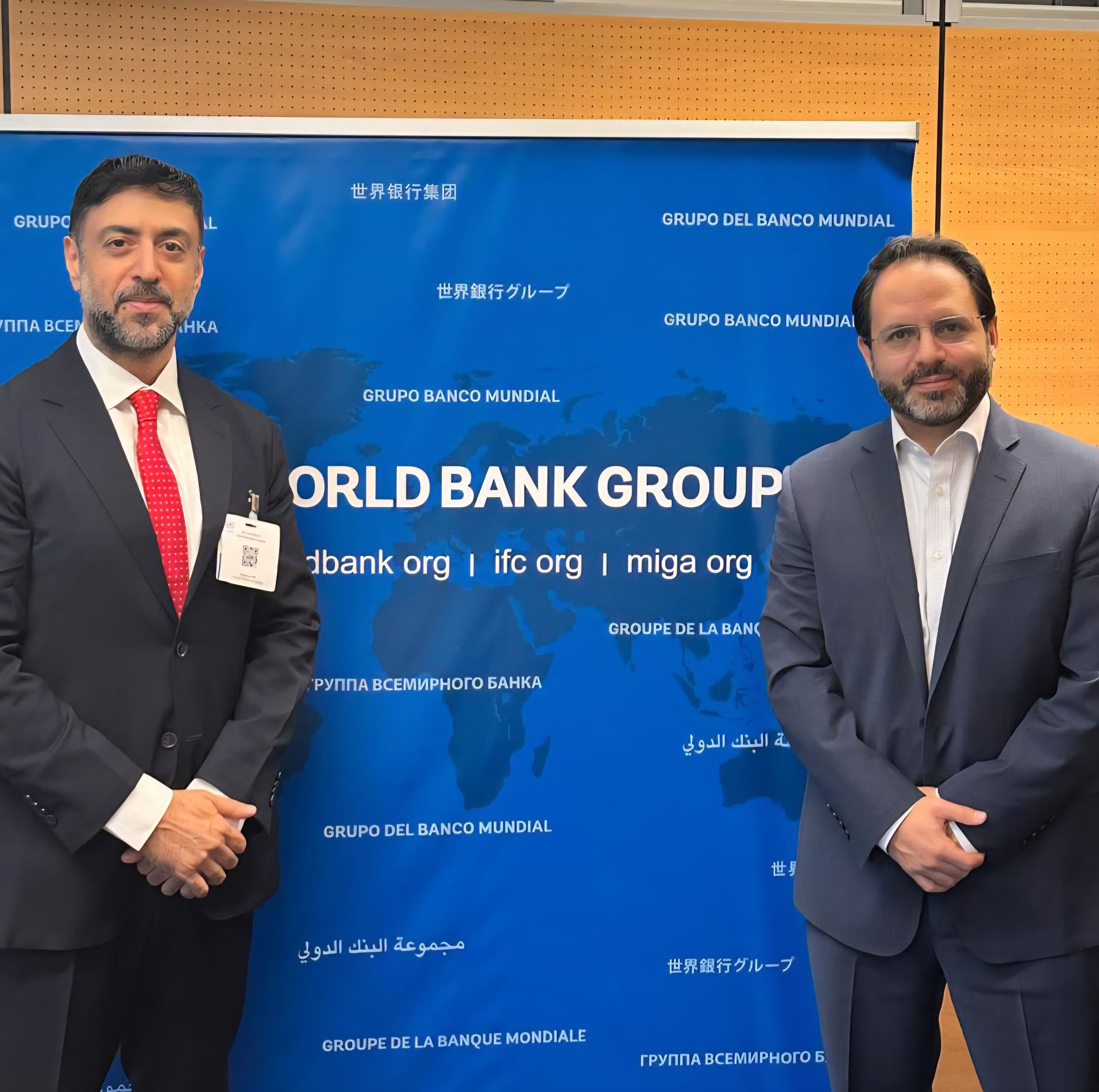
Thursday, November 8, 2018 – 6:14 PM
Al Bawaba News
The Council of Arab Economic Unity participated in the working group recently organized by the Organization for Economic Cooperation and Development (OECD) in Seoul, South Korea, in partnership with the Ministry of Interior and Security of the Republic of Korea, for the 2018 E-Leaders Meeting.
The Council’s participation comes at the invitation of the OECD as part of efforts to explore global experiences and perspectives on the digital economy, as well as to mobilize relevant international expertise to achieve the goals of the shared Arab vision for the digital economy.
The initiative for the shared Arab vision for the digital economy was presented to the OECD working group in South Korea.
Dr. Ali Al-Khouri, Advisor to the Council of Arab Economic Unity, participated in the working groups, reviewing the initiative, its stages, and objectives in exploring the digital reality in the Arab world through detailed comparisons of the capabilities of advanced economies and identifying the main obstacles and economic opportunities for member states of the League of Arab States.
Al-Khouri outlined the pillars of supporting Arab governments’ digital transformation plans, enhancing financial inclusion plans, and supporting the development of knowledge, legislative, and technological infrastructure in Arab countries. He explained to the working group, which included 32 members from around the world, that well-thought-out legislation and investment climates can attract capital in ways that meet the positive goals sought for Arab peoples.
Dr. Al-Khouri also expressed his gratitude to the UAE for its unlimited support in harnessing the potential of the Arab world and the keenness of its leaders to develop and activate joint Arab action. He praised the support of the UAE’s wise leadership for reviving and invigorating economic unity among Arab countries through the digital economy.
The participants praised the Arab Digital Economy Strategy, emphasizing the importance of activating the shared Arab vision to improve the economies of Arab countries, as well as the importance of directing international investment funds to build capabilities and technology infrastructure in the Arab world.
Dr. Al-Khouri emphasized the importance of the participation of Arab and international experts, practitioners, and thinkers in the subcommittee formed by the Council to review the strategy. This is to mobilize the largest possible pool of expertise to develop a strategy that meets the desired goals of Arab countries, strengthens their economies, and improves the living conditions of Arab societies.
The Council welcomed the new members from the participating countries who joined the Strategy Review Committee during the two working groups, bringing the total number of members to 80 from 55 nationalities, with diverse and extensive global expertise in the digital economy.
On the sidelines of the participation, an agreement was reached between the Council of Arab Economic Unity and Mari Kiviniemi, Deputy Secretary-General of the Organization for Economic Cooperation and Development (OECD), to cooperate and support the efforts of the joint Arab vision for the digital economy and building infrastructure for sustainable development in Arab countries. Both parties emphasized that the Arab world has tremendous opportunities to strengthen its economies through the digital economy system.
The OECD works on issues related to economic, social, and environmental change, such as regulatory reform, development, and international trade, to promote policies that lead to improved economic and social well-being for people around the world. Since its founding in 1961 and headquartered in Paris, the organization has contributed quantitative economic research on the costs and benefits of trade facilitation. It has also developed a set of trade facilitation indicators that identify areas requiring action and enable the assessment of the potential impact of relevant reforms. These indicators cover the full spectrum of border procedures for more than 160 countries of various income levels, geographic regions, and development stages.











